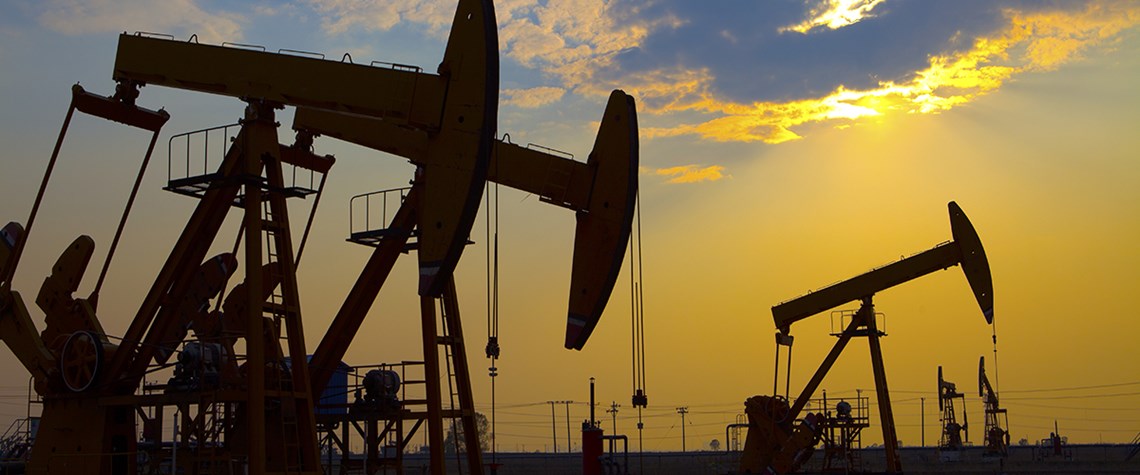Oil demand: Beware the gap
Forget a peak—falling production from existing fields should be the market’s immediate focus
Peak oil demand has swiftly moved from concept to potential to symbolic talisman—and it means different things to different people. Most often, the debate centres on the year when this peak may occur. Is it 2025? 2035? And these days the discussion never fails to mention electric vehicles, which—runs the argument—will eat away at oil's market presence. But there are other significant things to worry about in the much shorter term. And for companies, this attempt to identify the year of the peak—and what will happen to the 20% or so share of the market that would be affected by transport electrification—is simply not granular enough to be of use. It also ignores what's been going on in the ma

Also in this section
27 February 2026
LNG would serve as a backup supply source as domestic gas declines and the country’s energy system comes under stress during periods of low hydropower output and high energy demand
27 February 2026
The assumption that oil markets will re-route and work around sanctions is being tested, and it is the physical infrastructure that is acting as the constraint
27 February 2026
The 25th WPC Energy Congress to take place in tandem as part of a coordinated week of high-level ministerial, institutional and industry engagements
27 February 2026
The deepwater sector must be brave by fast-tracking projects and making progress to seize huge offshore opportunities and not become bogged down by capacity constraints and consolidation







